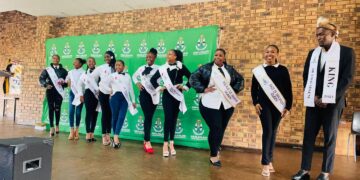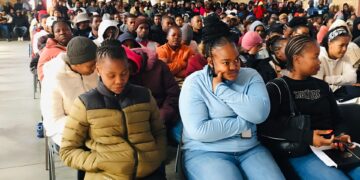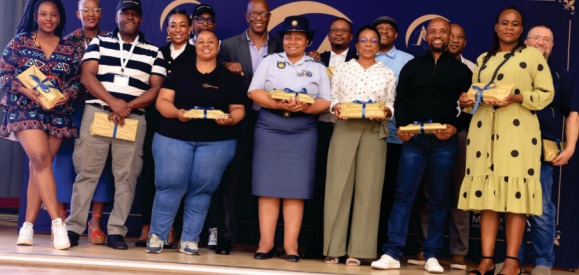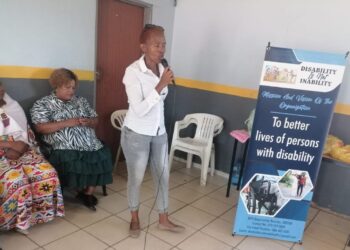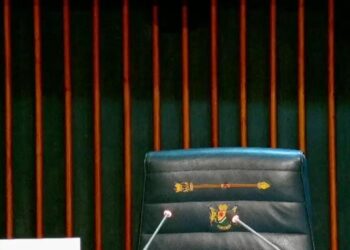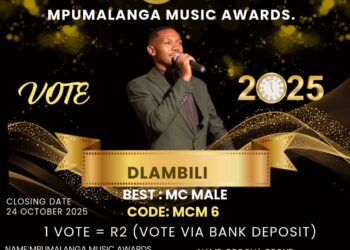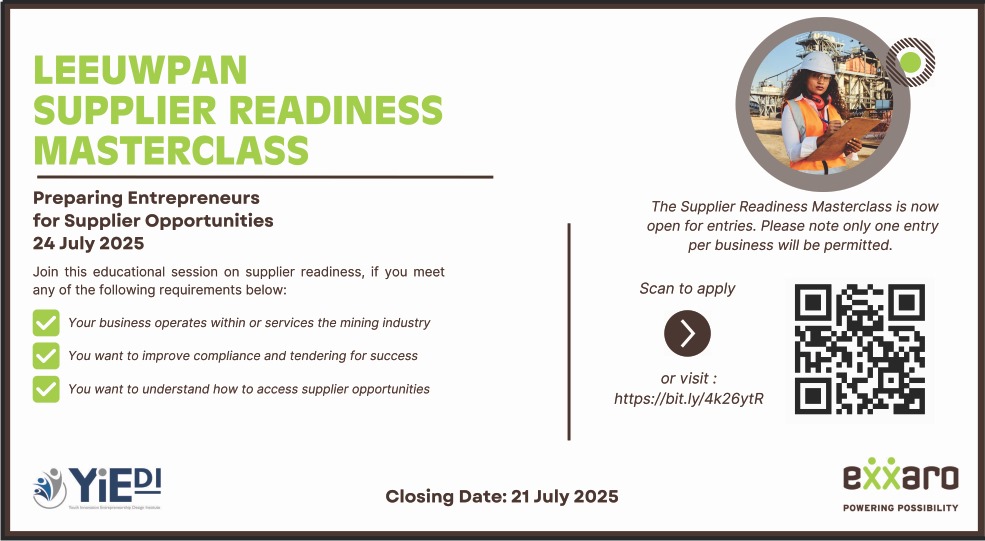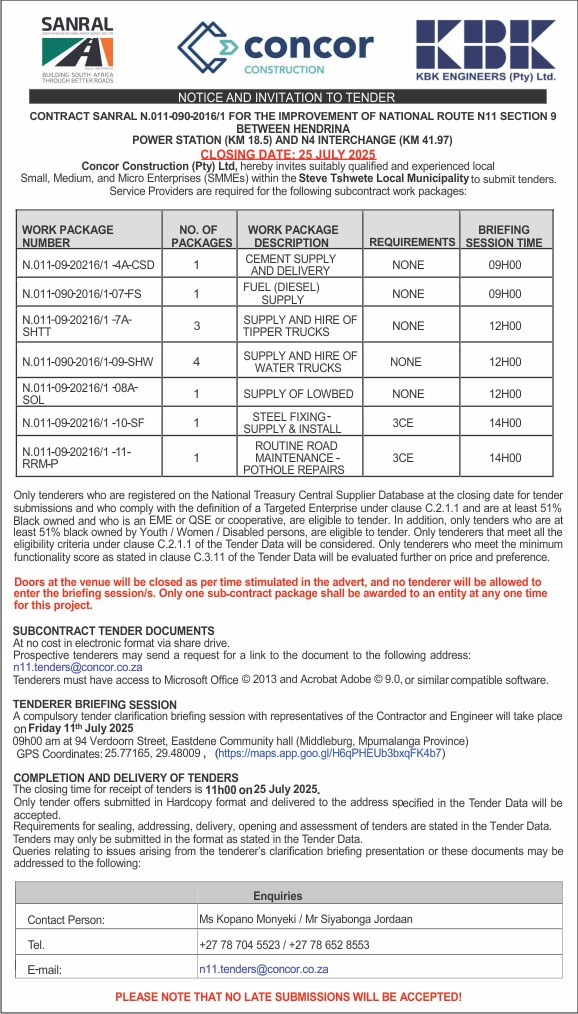MIDDELBURG – The two-day Mpumalanga Liquor Indaba, organised by the Mpumalanga Economic Regulator (MER), is said to have struck a balance between ensuring economic transformation among local traders and responsible alcohol regulation in the province. The Indaba held at the Banquet Hall in Middelburg from October 8 to 9, emphasised the need for harmonised regulations and stronger partnerships to address social issues related to alcohol abuse.
“This Indaba has given us valuable insights and a clear roadmap. We are committed to fostering the economic growth of liquor traders while ensuring that our communities are safeguarded from the harmful effects of alcohol misuse,” said MER CEO Vusi Mtsweni.
The Indaba brought together key stakeholders, including national and provincial liquor regulators, law enforcement agencies, liquor traders, local municipalities, industry leaders, and community-based organisations to discuss challenges faced by the industry and chart a way forward.
Alcohol abuse, selling of alcohol to minors, selling of alcohol to intoxicated people, pregnant women are some of the challenges that were discussed.
There were also concerns from liquor traders regarding the lack of grace period for license renewals, rental of licenses to foreign nationals, bribery and corruption done by some officials of the regulator, police conduct their raids in a manner that scares their customers away. Participants recommended that liquor regulation must strike a balance between fostering economic growth, protecting communities and promoting sustainable practices within the industry.
Additionally, support for township traders: Developing tailored business solutions for township liquor traders, including partnerships with private sector banks to provide access to accounting and payroll software, skills development, and business funding. The Beer Association of South Africa (BASA), representing about 200 small and medium beer manufacturers in SA and known leading producers Heineken and SAB , gave the initiative a thumbs up saying it will go a long way in professionalising small and medium enterprises in the beer sector and also small liquor traders.
“In turn these business will be empowered to grow, create more jobs, and contribute to the communities they are operating in,” said CEO Charlene Louw.
A call was made to amend liquor laws to address industry challenges and ensure effective regulation.
Municipalities to manage liquor outlets to comply with laws and community standards.
The MER established a fraud hotline for liquor industry illegal activities.
The Indaba stresses collaboration with law enforcement, SARS, and Agriculture Department for illicit alcohol sales. Mpumalanga Liquor Indaba aims for economic development with responsible regulation.
Mtsweni said that MER aims for a thriving and sustainable liquor industry. He added that the Indaba is seen as a significant step forward in balancing economic development with responsible regulation, ensuring the long-term sustainability and well-being of communities across the province.
“We are dedicated to creating a liquor industry that not only thrives economically but also operates responsibly and sustainably,” he said.









